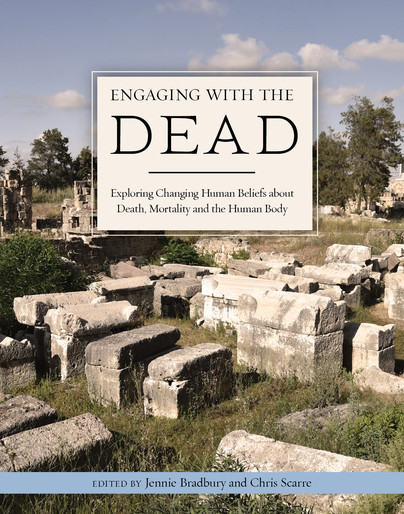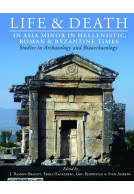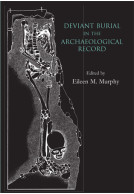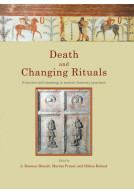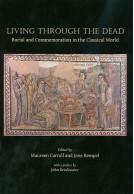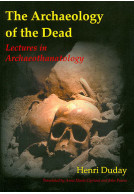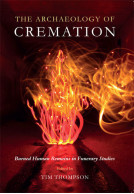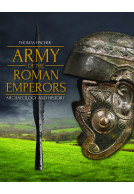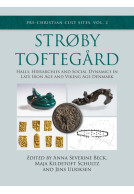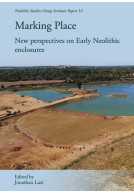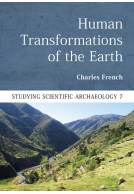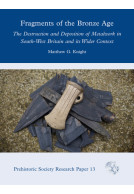Engaging with the Dead (Hardback)
Exploring Changing Human Beliefs about Death, Mortality and the Human Body
Imprint: Oxbow Books
Series: Studies in Funerary Archaeology
Pages: 288
Illustrations: b/w and colour
ISBN: 9781785706639
Published: 30th September 2017
Script Academic & Professional
Series: Studies in Funerary Archaeology
Pages: 288
Illustrations: b/w and colour
ISBN: 9781785706639
Published: 30th September 2017
Script Academic & Professional
Usually available in 6-8 weeks.
You'll be £14.95 closer to your next £10.00 credit when you purchase Engaging with the Dead. What's this?
+£4.99 UK Delivery or free UK delivery if order is over £40
(click here for international delivery rates)
Order within the next 3 hours, 16 minutes to get your order processed the next working day!
Need a currency converter? Check XE.com for live rates
(click here for international delivery rates)
Order within the next 3 hours, 16 minutes to get your order processed the next working day!
Need a currency converter? Check XE.com for live rates
Engaging with the Dead adopts a cross-disciplinary, archaeologically focused, approach to explore a variety of themes linked to the interpretation of mortuary traditions, death and the ways of disposing of the dead. Nineteen papers highlight the current vitality of ‘death studies’ and the potential of future research and discoveries. Contributors explore changing beliefs and practices over time, considering how modern archaeology, ethnography and historical records can aid our interpretations of the past, as well as considering how past practices may have influenced understandings of death and dying within the modern world. It is clear that there are very significant variations in the quantity of dead that appear in the archaeological record over time, and the contributions to this volume attempt to understand why that might be the case.
By bringing together papers from a variety of specialists working within Europe and the Near East, we investigate the pivotal role of death studies in the 21st century, providing a case for the retention of human remains in archaeological collections. Engaging with the Dead aims to set period specific contributions within a broader perspective and integrates papers from bioarchaeologists, theologists, textual specialists, as well as archaeologists. It provides an in-depth introduction to the multitude of ways in which the mortuary record can be interrogated and interpreted and explores the role of archaeology and theology within contemporary social studies.
This volume challenges our current understanding and conceptualisation of mortuary practices in the ancient and contemporary world.
Customers who bought this title also bought...
Other titles in the series...
Other titles in Oxbow Books...







